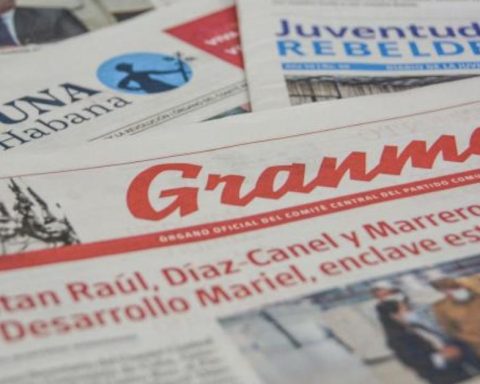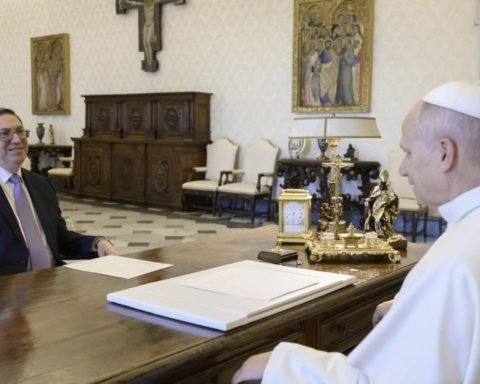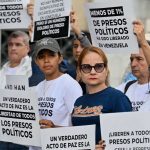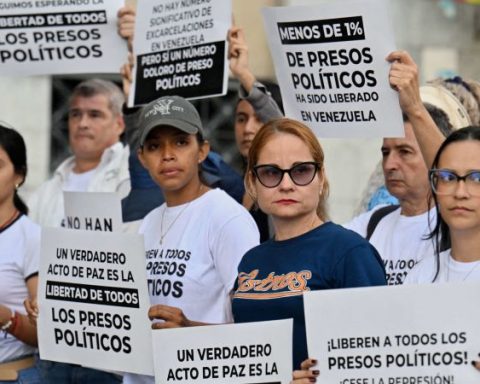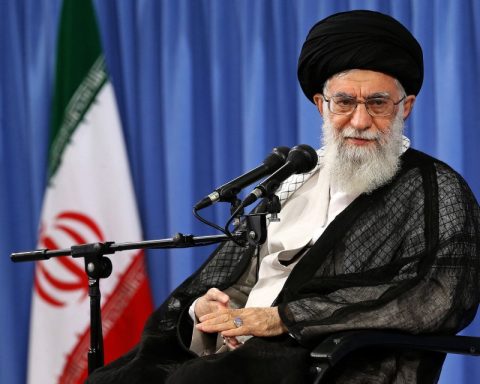An average professional in the country, with a few years of experience, can earn up to two times less than one in Chile.
“They ask us for several years of experience, degrees, certifications, courses and more; but salary In many cases, it is not even enough to cover two basic things, such as rent and educational loan payments, ”says Johanna Rojas, a professional with a study in finance and business administration. In addition, he commented that the working market is demanding of young people, but salaries They are low and the opportunities, few.
On average, an Ecuadorian between 22 and 28 years old, with at least two years of experience, earns around $ 612 per month. Those income they are among the lowest in the region.
Reality in the region
According to a study by the consultancy Adecco, only the young professionals from Argentina they earn less, with a median salary reaching $ 490.84 per month.
In the region, the best remunerations are in countries such as chili, where you can expect to pay around $ 1,400, or Peru, averaging just over $ 981.
Ecuador is even below economies such as Mexico and Brazil, where young people with few years of experience are offered salaries of around $ 662.63.
The national economy generates low income for several Professions important, which results in less possibilities for personal development and consumption.
#Editor’s Suggestions | Primary and secondary teacher is one of the professions that receive the least income ???? at #Ecuador. Do you agree? Look at the other 4 that have the same thing in ???? https://t.co/X44Sp6fBlI pic.twitter.com/1wME6eaegh
– The Ecuador Hour (@lahoraecuador) September 27, 2021
No savings possibilities
With low income, more than 60% of the young professionals Ecuadorians say they have no space to save. Even, their consumption capacity is almost half of that of their parents at the same age.
Andrés Bustamante, economist and entrepreneur, commented that the working market Ecuadorian generates little or no returns due to specialization or preparation. “One of the main criticisms of those who return after studying abroad is that the level of investment, in time and money, has no relation to the level of salaries that are offered in the country ”, he said.
For this reason, as happens in an economy like Argentina, more than 70% of young people have seriously thought at some point of emigrating to another place in search of opportunities of higher quality and with real prospects for professional growth.
25% of workers with formal employment in Ecuador, that is, around 670,000 people are between 22 and 28 years old. Likewise, more than 45% of the informal workers are within the same segment of the population.
The slight economic recovery, with an increase in quality jobs in the last year, has partially benefited young professionals, according to Bustamante.
“There is an improvement, but it has only reached less than 40% of those who are in the informal sector or unemployed. For every one place in the market, there are more than thirty young people with experience and knowledge trying to apply ”, he pointed out.

The growing scholarship crisis
Around 49% of Ecuadorians who get scholarships for studies abroad find themselves trapped between unemployment and underemployment when they return to the country.
Therefore, in the new Regulation of Scholarships and Financial Aid, published at the end of October 2021 by the Secretary of Higher Education (Senescyt), the obligation for these scholars to return to the country to fulfill their contract with the Ecuadorian State was eliminated.
According to Manuel González, an economist and former member of the presidential advisory group during the Lenín Moreno government, this measure does not generate a brain drain, but rather a virtuous phenomenon that benefits the Ecuadorian economy.
Among the main benefits are that young scholarship holders who take advantage of job opportunities abroad can generate international contacts, resources for research
Furthermore, given the difficult working conditions in the country, it is a loss of efficiency to ask an intern, who has obtained a job abroad, to return to Ecuador in a very likely lower economic and professional situation. (JS)

